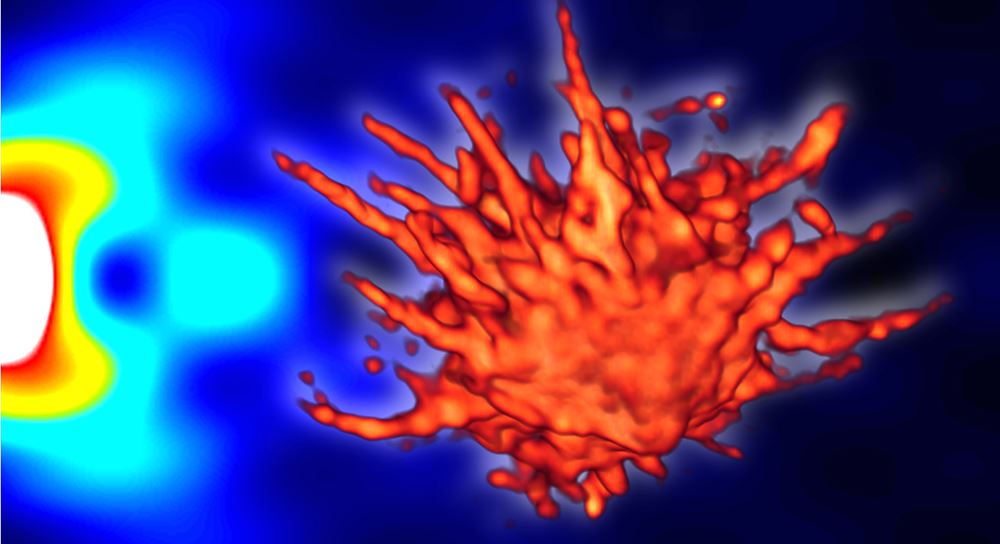The Molecular Basis for Inflammasome Activation - CEMIR
The Molecular Basis for Inflammasome Activation
Inflammasomes are multi-molecular complexes that process pro-caspase-1 into the active enzyme. Caspase-1 mediates maturation of pro-forms of cytokines IL-1β and IL-18 into active forms. These cytokines play key roles in the host defenses towards a number of infections, but can also be harmful in some inflammatory disorders.
The work in Theme two is focused on describing mechanisms leading to inflammasome activation, and to study implications on infectious and non-infectious inflammation.
Major achievements
- Showed that IL-18, NLRP12 and NLRP3 regulate host defenses in the lungs during bacterial infection.
- Completed and published a study on the roles of caspase-8 and RIP kinases inflammasome activation, NF-κB activation and cell death in response to bacterial infection.
- Identified a novel inflammatory role of ASC inflammasome complexes that are released into the extracellular environment, suggesting a systemic signalling role of these complexes.
- Showed that vaccine adjuvants containing QS-21 saponin activate NLRP3 inflammasomes.
- Completed and published a study demonstrating the first bacterial effector molecule that can inhibit Pyrin inflammasomes.
- Characterized new complexity in how bacteria containing type III secretion systems can manipulate multiple inflammasome pathways leading to IL-1β and IL-18 release.

